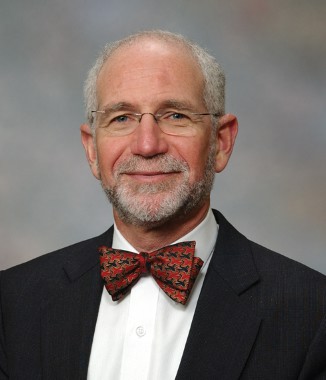A study of twins with seizures confirmed the genetic basis of idiopathic generalized epilepsy, genetic epilepsy with febrile seizures plus, and focal epilepsies, investigators reported online Aug. 8 in Neurology.
The analysis did not support a genetic basis for benign epilepsy with centrotemporal spikes (BECTS), finding no concordance between monozygotic pairs of twins with the disorder, said Dr. Lata Vadlamudi of the University of Queensland in Brisbane, Australia, and her associates.
The researchers calculated casewise concordance estimates for epilepsy syndromes in 558 pairs of twins with suspected epilepsy, 418 of whom had confirmed seizures. They grouped them based on the 2010 ILAE (International League Against Epilepsy) scheme, incorporating molecular data when applicable (Neurology 2014 Aug. 8 [doi: 10.1212/WNL.0000000000000790]).
The estimated concordance for monozygotic twins exceeded that for dizygotic twins for idiopathic generalized epilepsies (0.77 vs. 0.35), genetic epilepsy with febrile seizures plus (0.85 vs. 0.25), and focal epilepsies (0.40 vs. 0.03), the researchers reported.
Applying the 2010 ILAE scheme also confirmed genetic influences for syndromes classified as genetic, and 10.9% of individuals tested had large-effect mutations in known epilepsy genes or had validated susceptibility alleles, the investigators said.
Mutations most often involved the SCN1A gene, which is currently seen as the most clinically relevant gene in epilepsy, they said.
The study also found "striking monozygotic and dizygotic discordance" for BECTS, which has been presumed to have a genetic basis, the researchers said. "Our analysis of the BECTS twins ... highlighted that the etiology and genetics of BECTS are more complicated than initially conceptualized."
For epilepsy patients, the results "highlight the potential to integrate well-established clinical data with molecular genetic findings and pave the way for targeted next-generation sequencing of large cohorts, which is likely to be the next phase in diagnosis, treatment guidance, and genetic counseling," Dr. Vadlamudi and her associates wrote.
The research was supported by the National Health and Medical Research Council of Australia and fellowship funding from the Queensland Department of Health. Dr. Vadlamudi and 11 coauthors reported no disclosures. Two coauthors reported advisory or financial relationships with UCB, Janssen-Cilag EMEA, and other companies.



